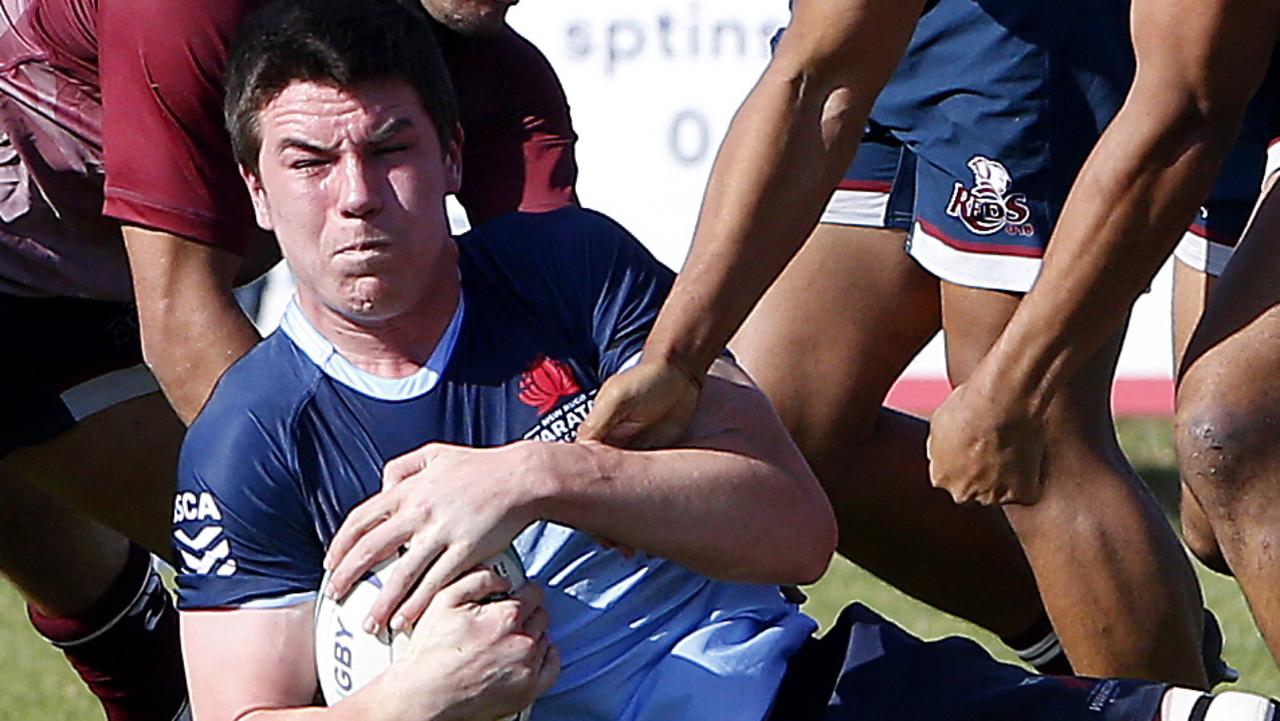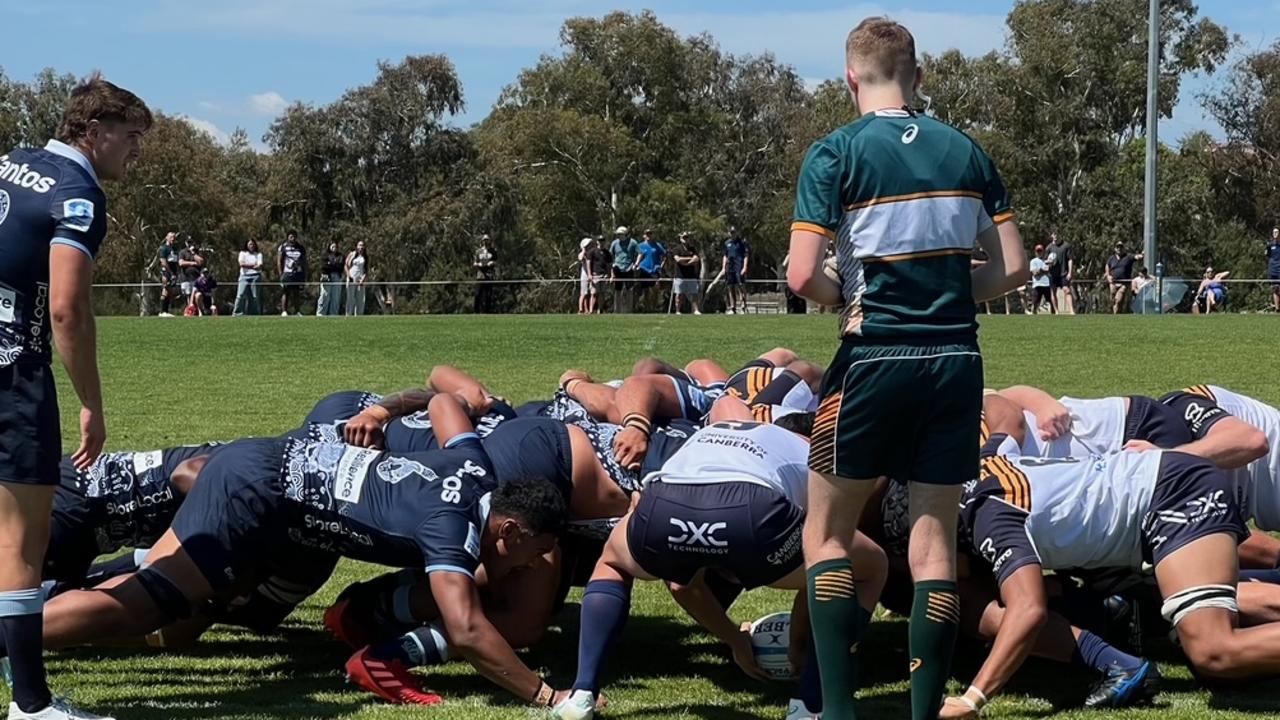Swimmers warn governing body their time is up
One of sport’s longest surviving international sporting bodies has been warned it could be sunk if it continues its hardline approach to swimmers.
Swimming’s governing body has been warned its 110-year control over the sport is at risk of being washed away with leading competitors from around the world now openly challenging FINA over its threat to ban swimmers from competing at the 2020 Tokyo Olympics.
An Australian legal expert says FINA is in deep trouble, almost certain to lose the antitrust cases that have been filed against it in the United States, and possibly setting a precedent that could shake the entire Olympic movement if they don’t give in to the swimmer’s demands to participate in a breakaway league.
What started out as a few small ripples of complaint from disgruntled swimmers including Australia’s Cate Campbell and Dawn Fraser has quickly turned into full-scale mutiny as athletes have finally realised the power they have if they stick together in what is now building into swimming’s version of the World Series Cricket split and the Super League war.
Hungary’s triple Olympic champion Katinka Hosszu, one of three swimmers that are suing FINA in California, said competitors would go on strike if FINA went ahead with its threat to suspend anyone who participated in the newly formed International Swimming league.
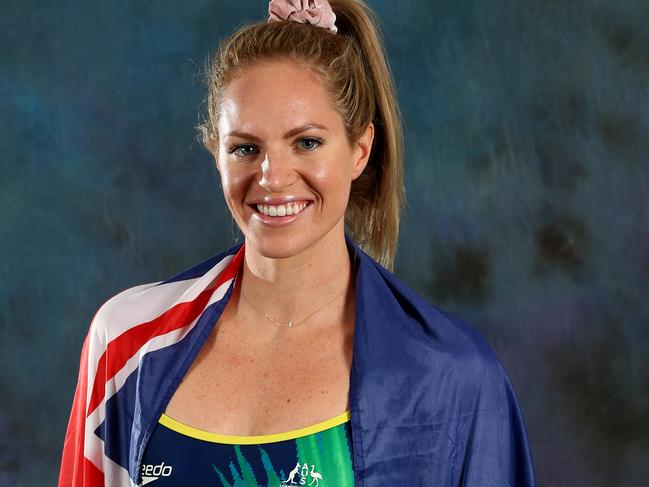
“If anyone of us get a ban, then we will stand together,” she said.
Hosszu was among 30 top international swimmers, including Australians Emily Seebohm and Madeline Groves, who attended an ISL meeting in London where organisers unveiled their plans for a $7.5 million competition starting next year.
FINA has refused to sanction the new series and British Olympic and world champion breaststroker Adam Peaty has goaded the ruling body to bring it on.
"I don't care, ban me if you've got to," he told the BBC."I'm not bothered because at the end of the day they know they can't."
One of Australia’s top industrial relations experts has told The Daily Telegraph that FINA cannot win if the swimmers band together.
University of Melbourne law school senior fellow Braham Dabscheck is an international expert on the rights of athletes, having consulted with a wide range of player associations for sports including cricket, rugby, AFL and football.
“FINA operates as a monopoly and by and large the law doesn’t like monopolies,” Dabscheck said.
“If you look at the case law, FINA’s gone. Under the US legal system, and under the US antitrust legislation, they're in trouble.”
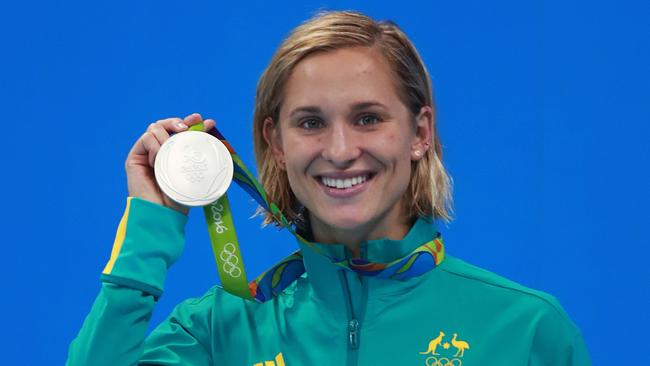
Dabscheck said the two US law cases might only be the start of FINA’s problems. If, as expected, ISL decides to take legal action in Europe, then other sports could find themselves in strife if athletes start exercising their rights.
Because FINA is based in Switzerland, it is subject to the European Treaty, which promotes competition and has provisions guaranteeing the freedom of workers as well as anti competition laws, which is the big worry for other sports.
“My guess would be is that other sports like athletics and the IOC generally would be quite worried about this because if it opened up the anti competitive aspects of the European treaty vis a vis sport that could change the ball game,” Dabscheck said.
Regardless of what happens in the courts, Dabscheck said the lessons from history are clear that whenever athletes challenge their ruling bodies for more money and better conditions, someone will eventually agree to their demands.
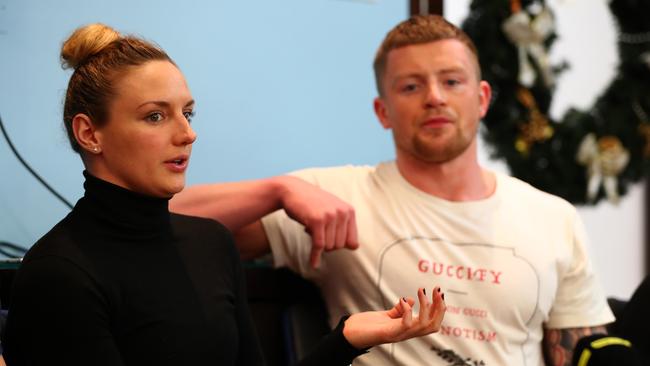
“The one with the deepest pockets usually wins and ISL have got the deepest pockets so that’s an advantage to them and they’ve also got the law on their side,” Dabscheck said.
“FINA will go bananas, but the swimmers will go elsewhere and have a good time, and FINA will eventually start losing sponsorship deals and broadcast deals because they haven’t got the best swimmers.
“It might drag on for a year or so but eventually FINA will either disappear, which is unlikely, or they will sue for peace and a new structure and a more commercial savvy organisation will emerge that wants to grow the sport with greater focus on athletes.”
Swimming Australia declined to comment on the issue while FINA and the Australian Swimming Association did not reply to The Daily Telegraph’s requests for comment.
Every Test, ODI, T20I, and BBL match live & ad-break free during play. SIGN UP NOW!

